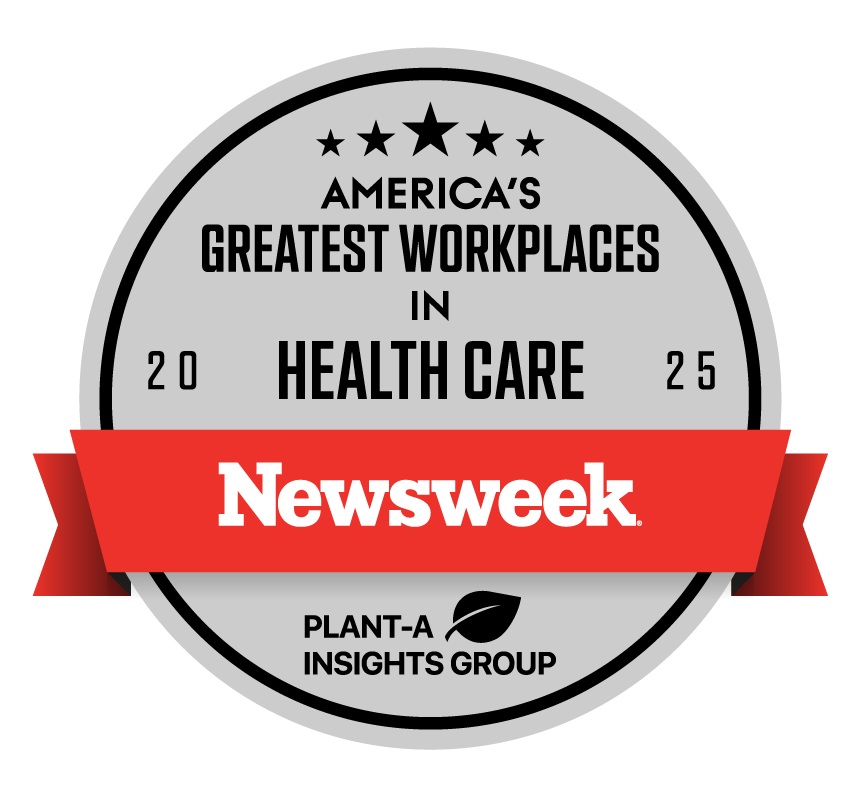Dinner parties, family gatherings, birthdays, after work happy hours – it seems that almost every social outing involves alcohol. While having a drink or two after work isn’t harmful for people who haven’t experienced addiction, those of you in recovery are well aware of the risks associated with having just one drink.
As we begin to reopen and reengage socially, people are likely to pick up their routines and habits where we left off before the pandemic – leaving people new in their recovery from alcoholism wondering: “How can I go back to socializing now that I don’t drink?”
At some point, you’re likely to be in a situation that will test your commitment to sobriety. Check out these tips on how to handle situations with alcohol without sacrificing your recovery.
1. Identify What Triggers You
Many people in recovery from addiction are also healing from past trauma. Things, people, places, and words can be triggers for substance use. It’s important to identify your own personal triggers and learn how to handle them moving forward.
In treatment, you probably learned about your triggers and what healthy coping mechanisms you can use to overcome these intense feelings. The easy answer is to try and stay away from what triggers you, but in the event you cannot, lean on what you’ve learned in treatment.
2. Establish Boundaries
It’s easier said than done but establishing firm boundaries with your friends and family is important for maintaining sobriety without compromise. First, inform your social circle that you’re no longer drinking. If you don’t wish to discuss your experience with alcoholism or treatment, let them know that you’re not up for conversations about this part of your life just yet.
If gatherings turn into something that you’re not comfortable with, it is perfectly fine to withdraw from the situation entirely. And if your social circle cannot respect your boundaries, it may be time to seek some space from them.
3. Seek a Sober Social Circle
Sometimes following addiction treatment, people find themselves in a position where they cannot return to the social circle they once had. Maybe your past friends or family members are still in addiction and it’s not healthy for you to be around them.
Even if you don’t need a complete overhaul to your friend group, it’s always a good idea to seek support from other sober people while you’re establishing your new normal. You’ll share a common bond and can lean on each other during tough times. Check out local support groups like AA, church groups, recovery meetings, and more to find like-minded informal supports.
4. Remember Why You Stopped Drinking
When you entered addiction treatment, you were likely feeling “done” with your old ways of life. You were tired of your life revolving around alcohol and the mind and body pains that accompany it. Maybe your drinking hurt relationships, jobs, finances and more, leaving you feeling alone and helpless with no one around but the bottle. You entered treatment because you wanted help in establishing a healthy and happy life without booze.
There will be times when you’re tempted to drink alcohol again but remember what brought you to your breaking point. Remember the times when alcohol negatively impacted your health, friendships, and career trajectory. Having just one drink will not be harmless, it could bring you back to old habits and put you at square one in your recovery journey. When you need a shoulder to lean on, contact a friend, family member or recovery coach and talk about how you’re feeling.
If you do relapse, you certainly haven’t failed. Relapse is often a part of the recovery process, but we encourage you to seek help again and keep moving forward on the path to your new, sober life.
If you or a loved one is struggling with alcoholism or alcohol dependency, Spectrum Health Systems has beds available. Call us today at 1-877-MyRehab and start your journey to recovery.



